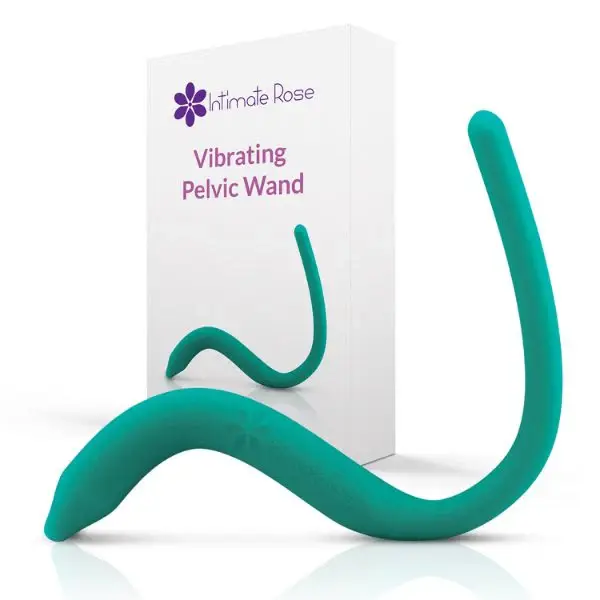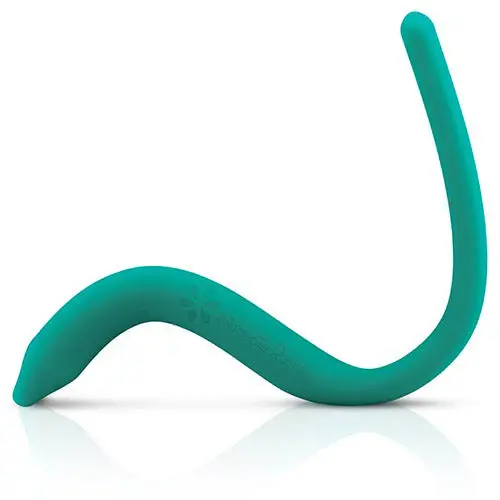top of page
BENEFITS OF KEGELS: STRENGTHENING YOUR PELVIC FLOOR
Imagine having the tools to improve your pelvic health and well-being with just a few minutes of exercise a day. Kegels and pelvic floor exerciser are here to help. For women aged 30 to 60, particularly those who have given birth or are experiencing pelvic floor issues, this is possible. Kegel exercises are specifically designed to strengthen the pelvic floor. Pelvic floor exercises can offer a myriad of benefits. From reducing incontinence to enhancing intimate wellness, there are many positive impacts on your wellbeing.
Pelvic Floor Exerciser Products
UNDERSTANDING THE PELVIC FLOOR MUSCLE
The pelvic floor is a group of muscles and ligaments in your pelvic region that support the bladder, bowel, and, in women, the uterus. These muscles play a critical role in urinary and bowel control, as well as in sexual function and childbirth. Over time, various factors like childbirth, ageing, and being overweight can weaken these muscles, leading to issues such as bladder weakness and decreased sexual satisfaction. Keeping your pelvic floor muscles strong can therefore be incredibly beneficial. A well-functioning pelvic floor keeps your organs in place and enhances your body's control over those organs. This can contribute to better bladder and bowel function and improve your intimate life. Just as you'd lift weights to strengthen your biceps, Kegels are exercises for your pelvic floor.
WHY PELVIC FLOOR STRENGTH MATTERS
Strong pelvic floor muscles are crucial for maintaining proper organ function. For women who have given birth, pelvic floor strength can significantly impact postpartum recovery. These muscles are weakened during pregnancy and childbirth, and rebuilding their strength can help mitigate postpartum incontinence and pelvic organ prolapse. It's not just a postpartum concern; women undergoing menopause can also benefit from these exercises.
Ironically, many women ignore these muscles until something goes wrong. But akin to maintaining your car’s engine, keeping your pelvic floor in good working order can prevent problems down the line. Maintaining these muscles is a proactive way to improve your health, not just reactively addressing concerns when they arise. Having a strong pelvic floor can enhance intimate experiences, providing better muscle control and sensation during sex for both you and your partner. Thus, the benefits of Kegels extend beyond just health; they improve your quality of life in multiple dimensions.
KEGEL EXERCISES
Kegel exercises might seem simple at first glance, but doing them correctly requires some finesse. First things first, you need to locate your pelvic floor muscles. To find these muscles, try to stop urinating mid-stream. The muscles you use are your pelvic floor muscles.
Once identified, practice contracting these muscles. Hold the contraction for about five seconds, then relax for another five. Aim to do at least three sets of ten repetitions each day. The beauty of Kegels lies in their convenience—you can do them almost anywhere, whether you're sitting at your desk or lying in bed.
PRACTISING KEGELS CORRECTLY
An important aspect of Kegel exercises is making sure you're doing them right. Many women mistakenly contract their abdominal, thigh, or buttock muscles instead of focusing on the pelvic floor. Ensure you're isolating the correct muscle group by placing a hand lightly on your lower abdomen; if you feel it tightening, you're not quite hitting the mark.
Incorrect practice can not only diminish the benefits but may also lead to unwanted side effects such as increased urinary frequency. So, it's crucial to focus on slow, controlled movements. Gradually increase the duration of the contractions as your pelvic floor becomes stronger.
If you're unsure, consider visiting a physiotherapist who specialises in pelvic health. Expert guidance can help you master these exercises, ensuring that you reap their full benefits.
USING KEGELS & PELVIC FLOOR EXERCISERS
Adding a pelvic floor exerciser to your routine can skyrocket your results. These devices provide resistance, making your pelvic muscles work harder. Think of pelvic floor exercise device like adding weights to your arm curls. Options range from simple silicone balls to more sophisticated electronic devices that provide feedback on your progress. For instance, Kegel balls, also known as Ben Wa balls, add a level of resistance. You insert them and then use your pelvic muscles to hold them in place, which adds an extra layer of difficulty to your Kegel training . There are also tech-savvy options like biofeedback devices, which connect to your smartphone to guide you through exercises and track your progress. Using these devices for just ten to fifteen minutes a day can make a significant difference. Make sure to follow the manufacturer's guidelines and choose a product that's comfortable for you.
bottom of page






















